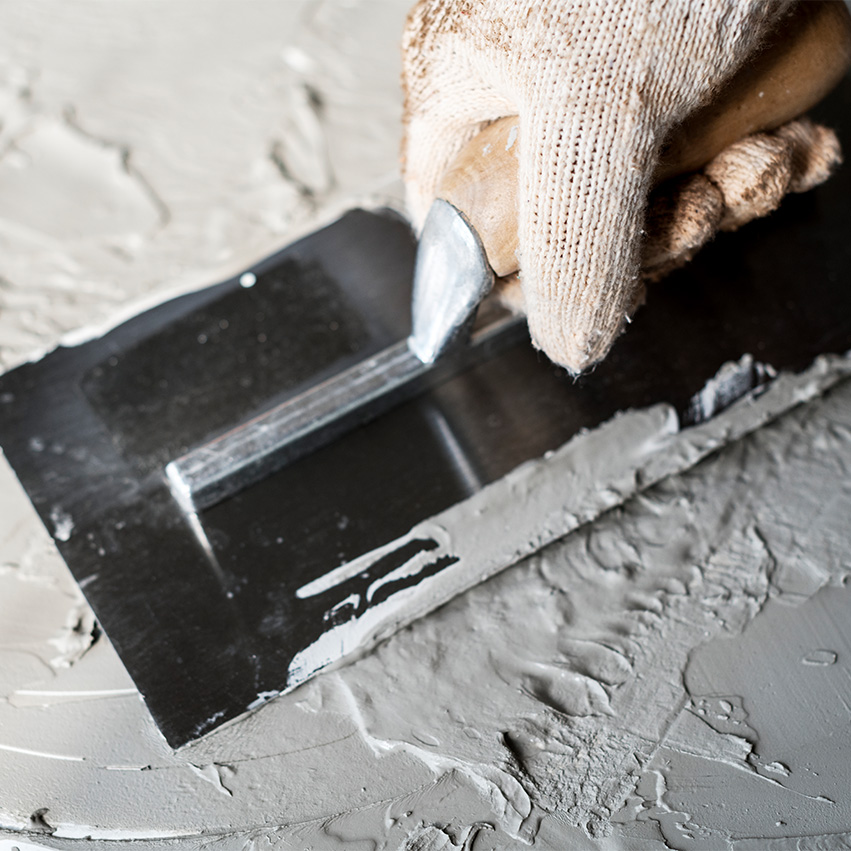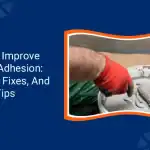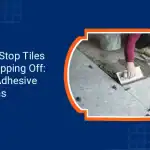 September 4, 2023
September 4, 2023
Plaster is a material that is used for the interior of buildings; it creates a smooth surface and internal walls by providing strength and benefits to the property, and it ensures longevity and durability to the property as well. Both cement and gypsum plasters are important and have significant characteristics, but here you will find a sharp difference between them.
Cement plaster is comprised of a cement, sand, and water mixture; it requires time to provide this strength and durability, but on the other hand, gypsum plaster, also known as plaster of Paris, is mixed with water to form a paste that provides shine to the wall and is used as a base coat.
Usually, cement plaster takes a long time as compared to tips and plaster; cement plaster requires days to provide strength and hardness; on the other hand, some plaster easily gets dry, and paint can be applied soon on gypsum plasters.
Cement plaster requires a lot of effort to provide a smooth result; on the other hand, gypsum plaster has excellent smoothness as compared to cement plasters.
Cement plaster is composed of cement and water in a ratio of 1:4. It protects the wall from parasites. The best thing about cement plaster is that it can be used for internal as well as external plastering.
Cement plaster is moisture-resistant; it provides a safeguard to the wall and prevents leakage and unnecessary cracks.
Cement provides strength to the walls, which makes cement plastering the choice of many people.
You can use gypsum only in interior plastering; on the other hand, cement plaster can be done on interior as well as exterior surfaces.
Gypsum plaster is not moisture-resistant; it is only fire-resistant. It is not suitable at all for areas like bathrooms, basements, balconies, and so on.
In comparison to cement, cracks can be easily seen in gypsum plasters, and they get easily cracked while drilling into the walls for any purpose like hanging, wiring, etc.
It is plaster with white and colour, which provides whiteness and shine to the surface. Gypsum plaster is heated at different temperatures to get different kinds of plasters.
There are various kinds of advantages to gypsum in comparison with cement plaster. Gypsum plaster saves you money and time, does not require any kind of ratio or special process, and helps to provide an even surface to the structure.
Gypsum plaster ensures an even surface of the structure in less time than cement. You won’t find the Shrinkage issue in gypsum plaster. Gypsum powder is extracted from gypsum rock, and then it can be obtained in powder form.
The major advantage of gypsum is its cooling capacity due to its thermal conductivity. These characteristics of gypsum keep the room cool in summer and warm in winter.
Gypsum plaster is resistant to fire and safeguards the walls from erosion.
Plaster is necessary for providing strength, and it is the basic foundation of any property. Plasters are usually covered with gypsum or cement; there are various pros and cons to both cement and gypsum plasters. You should choose judiciously which plaster would be best for your property. Here is the suggestion to make a smart decision by considering that gypsum is best for interior plaster and cement plaster is best for both interior and exterior surface plaster.
Tags: Wall finishes paint, Wall finishes texture, Concrete repairs, Waterproofing system

As the Managing Director and Chairman of MCON Rasayan, Mahesh Bhanushali has spearheaded the company's growth into a premier construction chemical firm in India. His visionary leadership and commitment to technology-driven solutions have not only shaped the company's success but also established his reputation as a respected figure in the construction chemical manufacturing sector.




